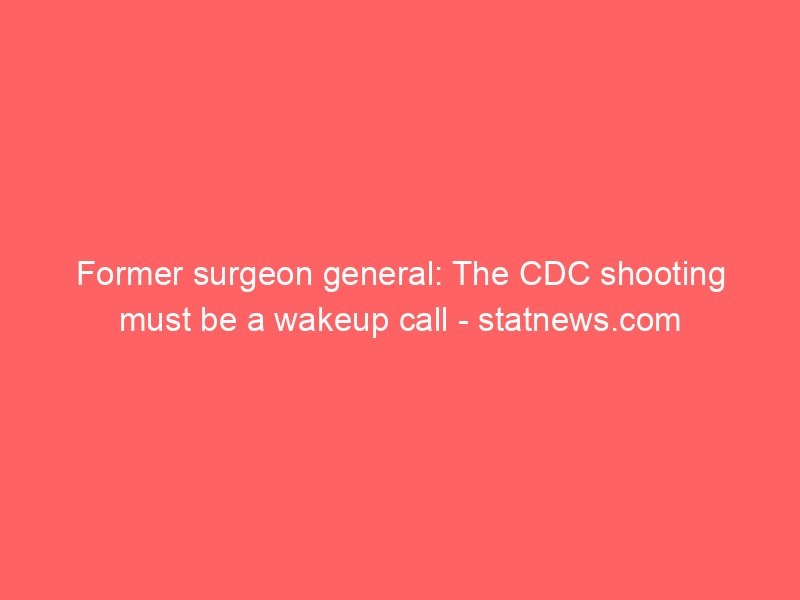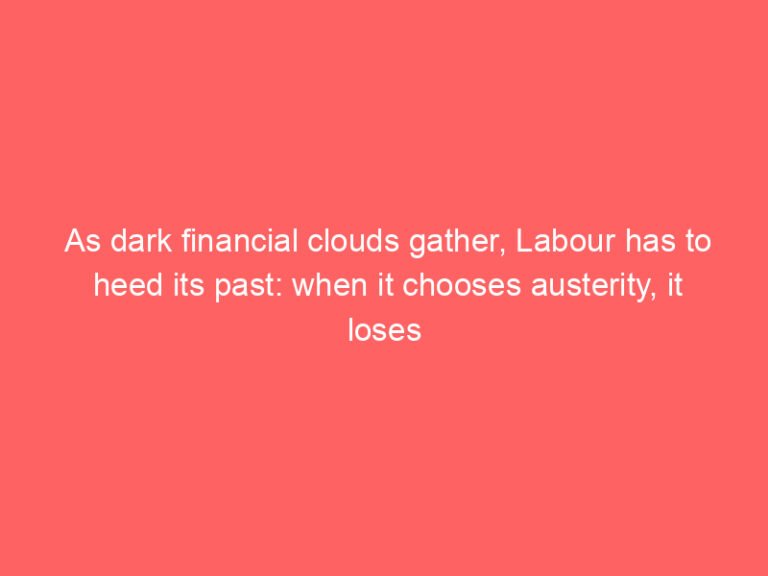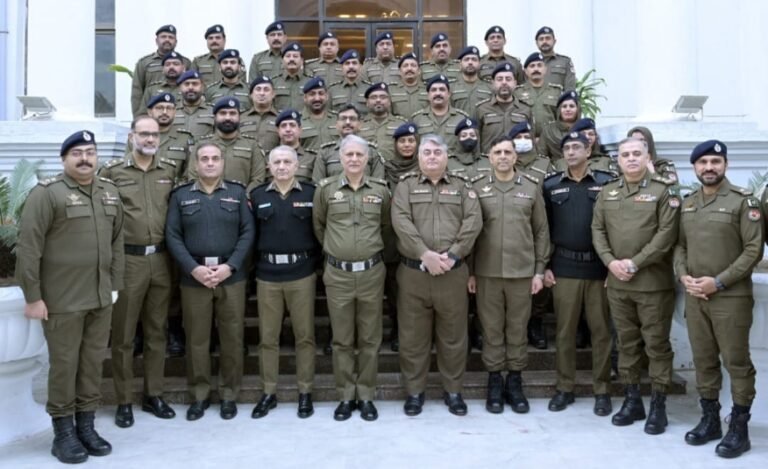Former surgeon general: The CDC shooting must be a wakeup call – statnews.com
Former surgeon general: The CDC shooting must be a wakeup call statnews.com

Former surgeon general: The CDC shooting must be a wakeup call statnews.com

What are the problems facing head coach Russell Martin as Rangers fail to win their first two league games of a season for the first time since 1989?
Paul Seddon & Chris Graham BBC News Watch: See where China plans to put its controversial mega-embassy Deputy Prime Minister Angela Rayner has given China two weeks to explain why parts of its plans for a new mega-embassy in London have been blanked out. Beijing’s plans for the sprawling new embassy have sparked fears its…

Those who insist on spending cuts are those who are never hurt by them. Time to be brave – and take a new tack Britain is in danger of going bankrupt. It may happen slowly or quickly, but since Labour took office this possibility has increasingly been promoted and discussed in the press, by opposition…

By Dr Ansab Ali-Lahore – pakistan LAHORE: Under the instructions of Inspector General of Police Punjab, Dr. Usman Anwar, a formal rank-pinning ceremony was held at the Central Police Office for officers promoted to the rank of Inspector. A total of 70 officers from the Dera Ghazi Khan region were awarded the rank, with their…

The landing marks a successful end to their mission on board the International Space Station to help stranded pilots. Powered by WPeMatico

So far this tax season, the IRS has received more than 90 million income tax returns for 2022. Powered by WPeMatico